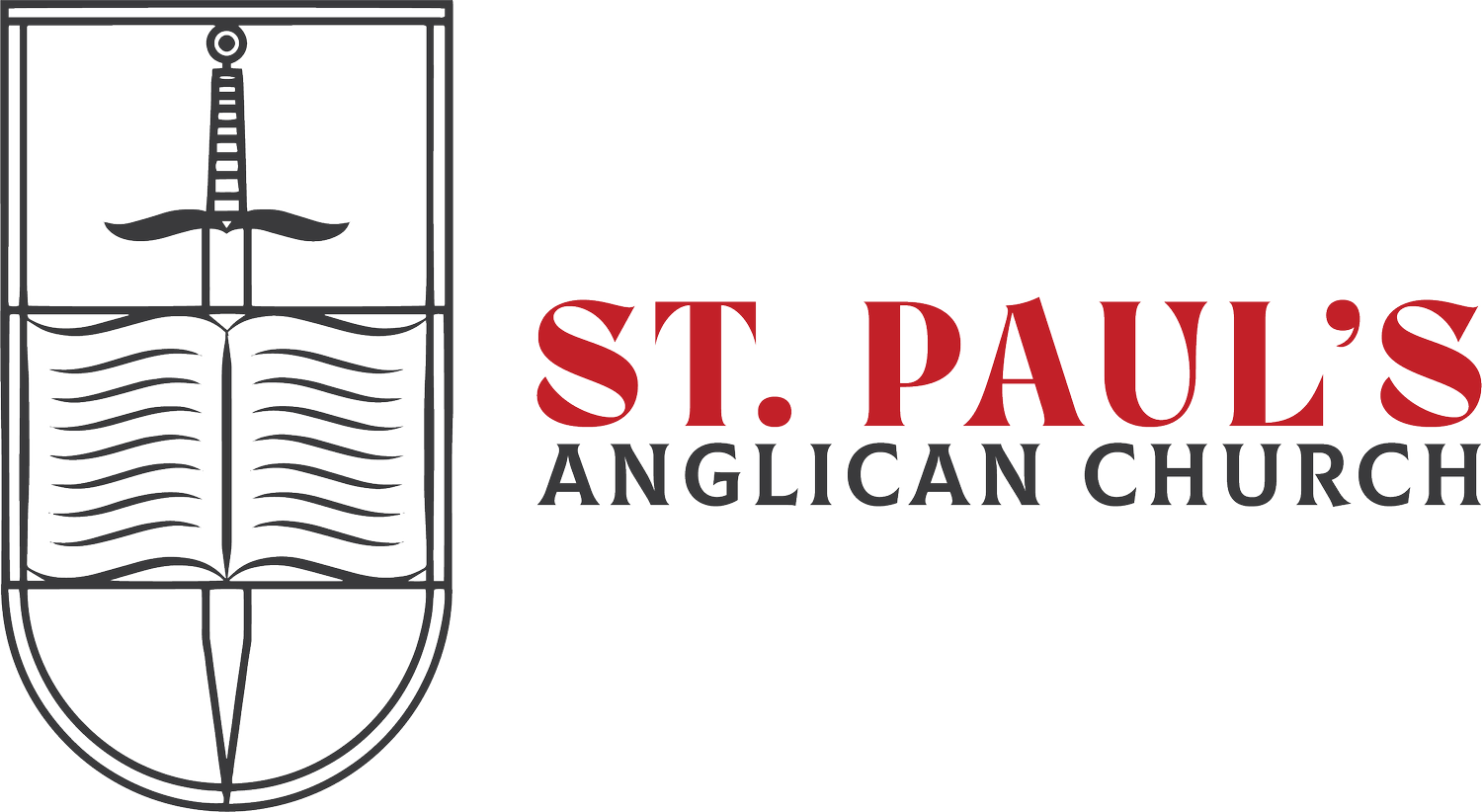Reflections: On Prayer
“The function of prayer is not to influence God, but rather to change the nature of the one who prays.” -Soren Kierkegaard
Prayer should be central to the Christian life. This is not a controversial statement; most people of faith would believe it. But what is prayer? Why do we do it? These are important questions because they have practical applications that directly impact the quality of our spiritual lives. In light of this upcoming week’s Collect and the fact that our Thursday Night Bible Study is getting ready to study the topic of prayer and so I thought it would be appropriate to briefly delve into this topic to help all of us better understand the nature of prayer and its purpose. I should also mention that on October 29, we will be doing a half-day retreat on the topic of prayer and the Christian life so mark your calendars now!
What is prayer? St. Thomas Aquinas defines prayer in two different ways: (1) “the elevation of the mind to God”; and (2) “Petition made to God for honest things.” These definitions are complementary: the first, more general definition recognizes prayer as a dialogical act in which we turn our attention to God while also attuning our ears to hear him; the second definition emphasizes the active part of prayer in which we make requests of God. We can find examples of both in Sacred Scripture. When St. Paul exhorts parishes under his oversight to “Pray without ceasing” (1 Thess 5:17), he is pointing us to the first definition: in all things, we should be mindful of God’s presence. However, we see numerous examples of petitionary prayer in Scripture as well: “Give us this day our daily bread” (Matt 6:11). The important part of this second definition is that it causes us to explicitly recognize our complete dependence on God. In fact, Jesus goes on to address this later in Matthew 6, “Therefore I say unto you, Take no though for your life, what ye shall eat, or what ye shall drink; nor yet for your body, what ye shall put on. Is not the life more than meat, and the body than raiment? Behold the fowls of the air: for they sow not, neither do they reap, nor gather into barns; yet your Heavenly Father feeders them. Are ye not much better than they?” Perhaps this is why prayer can be difficult for us sometimes: we don’t like acknowledging our total and complete dependence on God. Both of Aquinas’ definitions work together to paint a picture of the Christian life: one lived with our attention intentionally directed towards God as we cast ourselves on him, recognizing our finitude and weakness as creatures.
But this raises a problem: is prayer an attempt to “influence” God? I’m in agreement with Danish philosopher Soren Kierkegaard; that cannot be the reason we pray. God is not a creature who can be influenced one way or another. St. James reminds us that in him “is no variableness, neither shadow of turning” (1:17). Our prayers are not quarters that we insert into a cosmic vending machine god. But if this is true, is prayer a superfluous exercise in futility? Certainly not! We articulate the purpose of prayer every Sunday in the Lord’s Prayer: “thy kingdom come, thy will be done.” Kierkegaard makes explicit the undergirding principle, namely that purpose of prayer is “to change the nature of the one who prays.” There are two beautiful examples of prayer in the New Testament: Mary and Jesus. Mary’s prayer at the Annunciation was “be it unto me according to thy word” (Luke 1:38). In her response is the entire Christian life; whatever God calls us to, this is the perfect reply. The same prayer is found in the Passion of Our Lord when Jesus assents, “nevertheless not my will, but thine, be done” (Luke 22:42). Prayer is not about persuading or controlling God; that’s paganism. Prayer is about submitting ourselves to God which makes sense if we’re dependent on him.
As Anglicans, prayer is the center of our lives. The Mass is what makes prayer possible. The Daily Office—Morning and Evening Prayer—is the steady rhythm of the Church. “Private” prayer (there’s really no such thing as purely private prayer but I mean it to describe prayer done when one is physically alone) is a way we deepen our intimacy with God. By praying, we center ourselves around the fact that we are not self-sufficient and we embrace our dependence on God. It is true that prayer is a conversation. We can be honest with God and pray for the things that weigh on us. But the purpose of this conversation is ultimately to conform our wills to God’s will because he knows what’s best for us. As Mother Teresa once said, “Prayer is not asking. Prayer is putting oneself in the hands of God, at His disposition, and listening to His voice in the depth of our hearts.”
